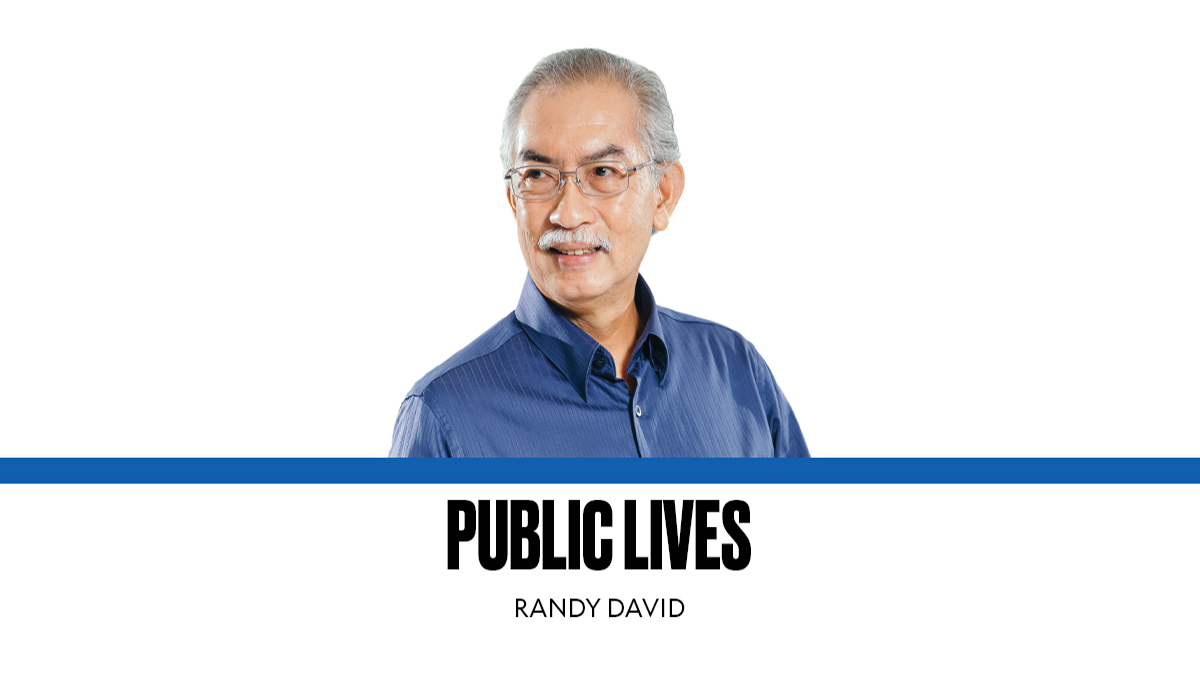Online gambling and erosion of social checks

Every form of addiction implies a loss of control over one’s behavior. A responsible society would regard addiction, when widespread, not merely as a personal failing but as a mirror of deeper social dysfunction.
Yet a competing view insists otherwise. In the ideology we call neoliberalism, individuals who enjoy the freedom of personal choice are expected to also bear full responsibility for managing risk and optimizing outcomes. Successes and failures are entirely their own. The state, in this view, should not interfere, or interfere only minimally to alleviate private troubles.
At first glance, our government and the private sector appear to reject this worldview. The state exercises regulatory powers to safeguard public welfare in various areas; it has institutionalized ayuda, as we call it, for those who have less in life. Likewise, our corporations love to speak the language of corporate social responsibility (CSR), suggesting a balance between the pursuit of profit and the demands of responsible citizenship.
But this façade collapses when we examine the current online gaming scene. The government regulator, the Philippine Amusement and Gaming Corporation (PAGCOR), acts more as a promoter than as a regulator. Meanwhile, the gaming companies, popular digital payment platforms, advertising agencies, major media networks, and the swarm of celebrities and influencers they employ have all but abandoned any pretense of public accountability. In their rush to cash in on this digital version of the gold rush, they have thrown their CSR mission statements to the wind.
What we’re seeing is not just addiction, but the collapse of a shared sense of community and responsibility. Online gambling addiction has become a growing epidemic. Yet instead of addressing its structural roots, our legislators have retreated into a reactive moral panic. The result is a confused, shallow debate over the general morality of gambling.
What we need instead is a sober examination of the specific dangers posed by online or digital gambling—whether legal or illegal—and whether the safeguards that moderate behavior in physical casinos can still apply. My argument is that online gambling, by its very nature, renders these protections largely ineffective. Its disconnection from physical, social, and temporal constraints makes it uniquely difficult to regulate.
Historically, the word “game” connoted a participatory pastime — a form of play embedded in community and symbolic rituals, monitored by peers, and shaped by shared norms. In the course of a game, a participant’s “character” was continuously formed and judged in the presence of others: was one reckless or disciplined, a good sport or a sore loser?
Online gaming disturbs this moral economy. The player no longer plays with or before others but faces a screen alone. Like video slot machines, its digital ancestors, today’s online games are intentionally designed for solitary immersion. The aim is the prolongation of the duration of play. In this closed environment, the audience disappears, the sense of time dissolves. The surroundings fade, and the body itself goes numb.
This descent into what Natasha Dow Schüll calls the “machine zone” is well-documented in her ethnographic study “Addiction by Design” (2012), based on Las Vegas slot machine gamblers. The same pattern of immersion, algorithm-driven reinforcement, and behavioral capture now operate invisibly inside every gambling app on a smartphone.
Contrast this with the old games of chance that once punctuated Filipino communal life — sabong, tupada, or even mahjong during wakes. These were forms of social play, performed under the gaze of neighbors who could admire or scold or sneer in contempt. A gambler who behaved compulsively or cheated others faced moral sanctions. Community norms worked as informal controls.
Such safeguards are unthinkable in today’s world of online gambling. These platforms, accessible anytime and anywhere, isolate the player from the community, cloak the behavior in privacy, and allow addiction to grow unnoticed. What once required a trip to a casino, or maybe a social gathering, can now unfold invisibly in a teenager’s room or during a worker’s lunch break.
If these platforms were illegal, we could at least mount a straightforward enforcement campaign. But the tragedy is that the government has legalized and even encouraged their proliferation, motivated by the promise of gaming revenue. This is a brazen betrayal of the state’s duty to protect the common good.
That legitimate business groups now profit from this predatory form of economic extraction speaks volumes about the nation we have built, a society that treats attention and desperation as commodities, and mistakes access for freedom.





















